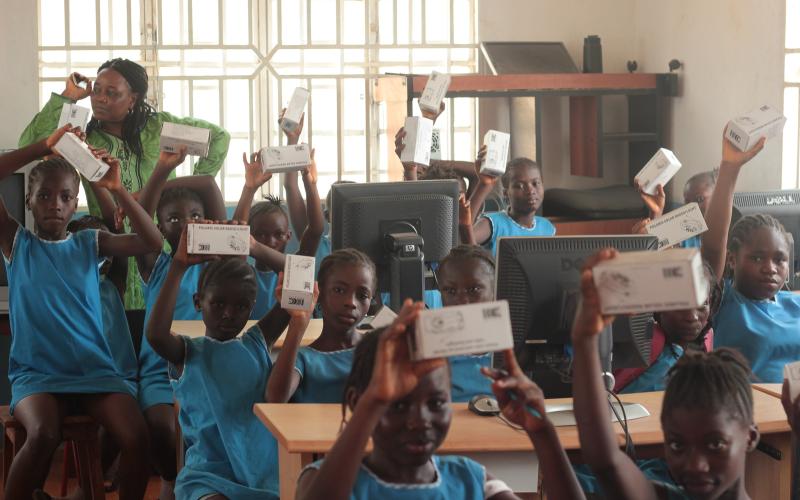
Government policies in Sierra Leone that exclude pregnant girls from attending school are short-sighted. Supporters of these policies do not seem to recognize the long-term effects of their decisions on the economy and society as a whole – an education could potentially help these young mothers become assets rather than burdens. Lack of education is a major obstacle that is preventing young mothers from becoming productive, tax-paying members of the work force.
Perhaps these polices are a hasty, ill-conceived reaction to the overwhelming number of teenage girls who have become pregnant. UNICEF’s (2015) statistical tables show an adolescent birth rate (number of births per 1,000 girls aged 15–19) of 125 in Sierra Leone between 2008 and 2012. In fact, these statistical tables indicate that Western and Central African countries have the highest adolescent birth rates in the world (133 per 1,000).
To make matters worse, many girls are banished by their families when they become pregnant. Without an education, a strong family support network or social assistance, is it realistic to think that a teenage mother can work and support herself and her newborn baby? Who will pay for the food and other basic needs of these girls and their children?
Abandoned, the only option for a young, unwed mother is a life of mind-numbing poverty or a life of crime. On the other hand, preparing these young girls for jobs will ultimately strengthen Sierra Leone's economy. Computer training could enable some of these girls to work from home, thus eliminating the need for child care expenses. If working from home is not an option, these girls could enlist the help of other mothers in the area for child care, which would provide even more girls with work.
In order to help give these girls a chance at a better future, Develop Africa is creating computer labs so that children can receive training and develop the essential skills necessary to earn an income that will allow them to become self-sufficient.
You can help Develop Africa with this cause and help bridge the technology divide in Africa. The initial investment in money and time towards the creation of a computer lab, made possible through generous donations, will create more learning opportunities for children in Africa.
Source: http://www.unicef.org/infobycountry/india_statistics.html

